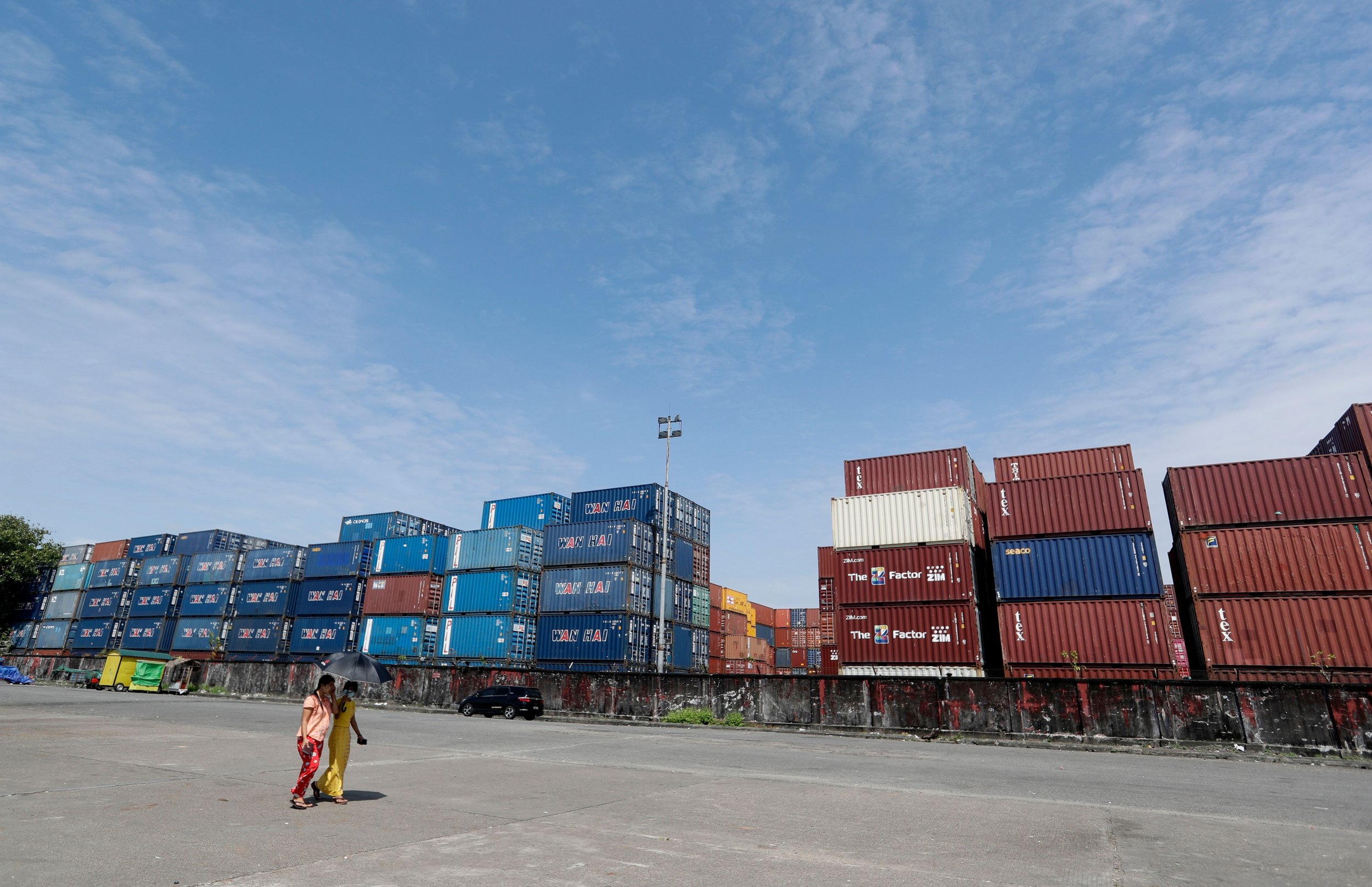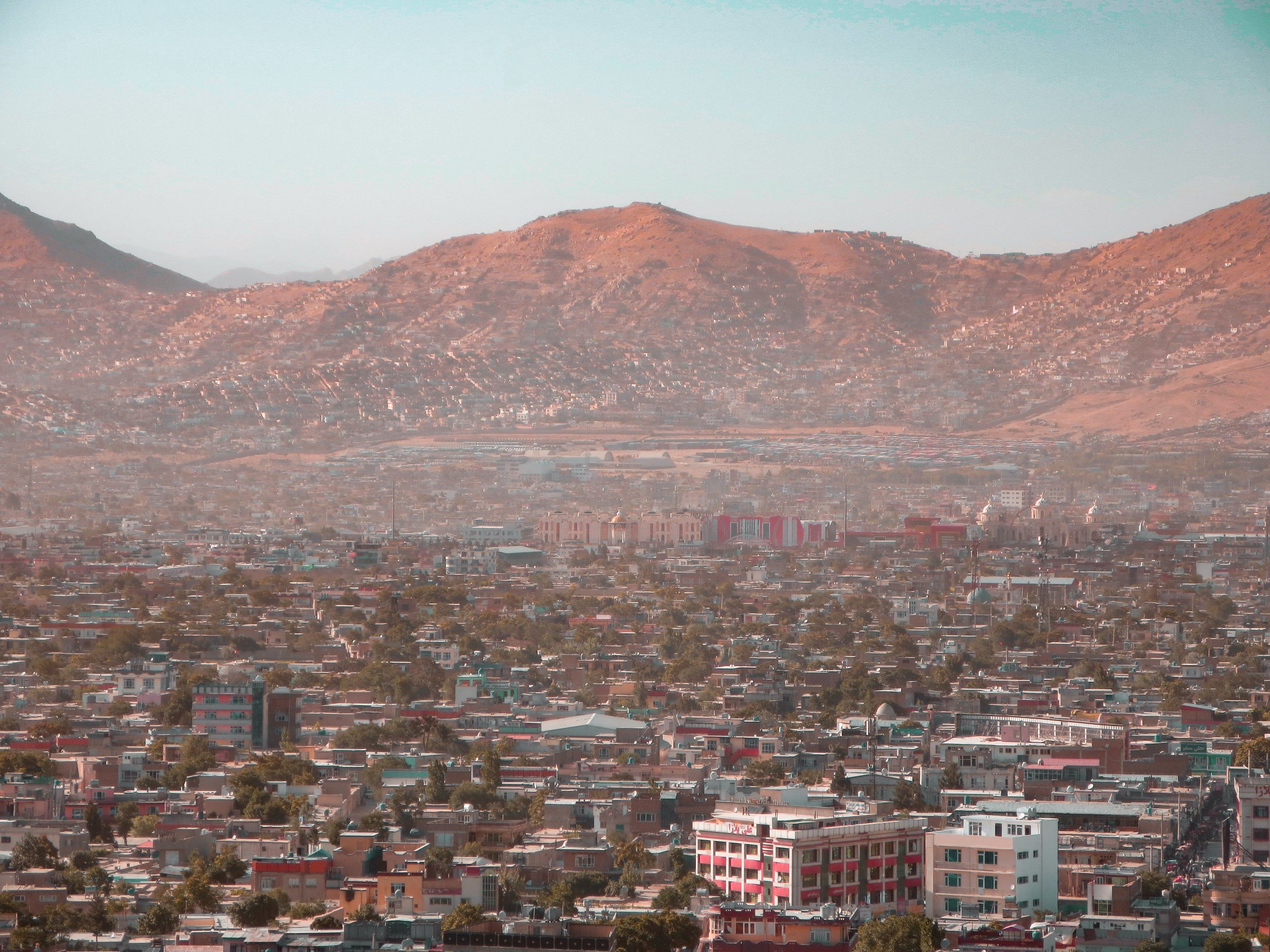PROJECTS
Here, you will find a one-stop-shop for each SOC ACE research project including publications, information about events and external engagement, media and contact details for researchers.
Illuminating the role of third-country jurisdictions in sanctions evasion and avoidance (SEA)
This project examines why third countries – countries neither sending sanctions or the target of them – either facilitate sanctions evasion and avoidance (SEA) or support efforts to counter it. It focuses on sanctions relating to Russia since February 2022 and it based on rapid review of the thematic literature on SEA and empirical research in 13 third countries. Our analysis examines how flows of Russian financial and human capital and patterns of SEA changed since February 2022; what factors affect either facilitation of or support to counter SEA; what are the types of individuals/organisations that facilitate SEA, and what methodologies and typologies do they use.
Organised crime groups & peace processes
Organised crime actors can be spoilers in peace processes or partners in peace. Negotiating with organised crime groups and addressing criminal agendas in peace processes has become a reality in practice. It may be preferable in contexts where repressive tactics have failed to resolve the problem or worse, have fuelled more violence and criminality. Out of options, state actors have turned to negotiation. Negotiation may not only be considered preferable, but also necessary where criminal groups have strong territorial control, filling governance gaps and gaining legitimacy. International peace operations have also begun to recognise the need to address SOC to avoid entrenching criminal structures in the post-conflict state.
Exploring mechanisms to recover the proceeds of kleptocracy
This project seeks to contribute to the ‘freeze to seize’ debate: how to move from temporary sanctions-based asset freezes of Russian-linked assets towards more permanent asset deprivation via criminal justice confiscation mechanisms. It does so by examining a range of established asset confiscation concepts and their operationalisation in specific jurisdictions, which have their basis not in sanctions designations but in evidentially-driven and judicially-overseen criminal justice processes. The research sets out the current limitations of UK civil recovery mechanisms and looks at examples of three alternative mechanisms (lowering the standard of proof, reversing the burden of proof and ‘societal danger’ models) across …
State capture and serious organised crime in South Africa: The case of the South African Revenue Service
This research project is a detailed case study of state capture at the South African Revenue Service (SARS). State capture is more endemic than ordinary corruption at an individual level and occurs at a far wider systemic level. State capture entails a systematic and well organised effort of a group of people to misdirect public resources from their intended purpose into the hands of a private elite for corruption and political patronage purposes. It is supported by high-level political protection through the infiltration and weakening of state institutions.
Fighting serious organised crime and corruption in Albania: Testing messaging approaches
The aim of the research to test the effects of awareness-raising about corruption and SOC in Albania. Awareness-raising efforts are prominent in many counter-SOC and anticorruption policy strategies. This study tests five different messages that are hypothesized to have a positive influence in fostering supportive counter-SOC and anticorruption attitudes and resemble those that are most likely to be used in policy. The study aims to identify what types of messages might be useful and which ones should be avoided for policy makers. Research findings have the potential to enable policy makers to design more effective counter-SOC and anticorruption messaging strategies in the future…
Incorporating serious organised crime into understandings of elite bargains & political settlements
This research builds on previous work on how states and societies that are in the throes of violent conflict can evolve from exclusionary political systems anchored in narrow pacts and agreements among elites (or what is referred to in the literature as “elite bargains”) into more peaceful, open, representative and inclusive political systems in the longer term (see the synthesis report here). An important insight from that research was that organised crime actors remain a significant gap in the evidence base on elite bargains and political settlements (or the ‘rules of the game’, both on paper and how they are …
Narcotics smuggling in a new Afghanistan
This research is part of the project ‘Monitoring the evolution of the illicit economy in Afghanistan’ which seeks to develop an overarching framework to better understand how a monitoring system for illicit markets in Afghanistan could operate. This will provide policy-makers in Europe and elsewhere with more advanced tools for scenario planning illicit trade developments and thereby formulate more effective policy responses against them. The research paper examines Afghanistan’s narcotics trade and smuggling patterns, which are intertwined in different ways with the economic fate of the Afghan state and society.
Evaluating Afghanistan’s past, present and future engagement with multilateral drug control
This research is part of the project ‘Monitoring the evolution of the illicit economy in Afghanistan’ which seeks to develop an overarching framework to better understand how a monitoring system for illicit markets in Afghanistan could operate. This will provide policy-makers in Europe and elsewhere with more advanced tools for scenario planning illicit trade developments and thereby formulate more effective policy responses against them. With the Taliban capturing control of Afghanistan, what the new regime will mean for illicit economies in the country, the region and the global community more broadly, and how they may evolve in the future, is the subject of this analysis.
Drug trafficking, violence, and corruption in Central Asia
Central Asia experiences minimal direct violence associated with drug trafficking, despite serving as a significant drug trafficking route, with 90 tonnes of heroin flowing annually from Afghanistan to Russia and Europe. The region is emerging as both a transit zone and producer of synthetic drugs, sourced from China, while the demand for heroin grows in Russia and Europe. This project aims to explore the relationship between police corruption, illegal drug trafficking, and violent tactics employed by criminal organisations and/or law enforcement agencies in all four Central Asian countries. The project analyses big data on violence, drug interdictions, and patterns of corruption…
Transnational governance networks against grand corruption: Law enforcement and investigative journalists
Grand corruption is a transnational problem requiring cooperation among anti-corruption actors. Law enforcement actors find that cooperation is difficult to achieve. This has been attributed to; the political sensitivity of investigations, lack of trust among agencies, difficulties in sharing intelligence securely, weaknesses and discrepancies in capacity, and organisational incentive structures that favour quick and easy cases. However, investigative journalists, increasingly cooperate across borders to investigate, and expose corruption. This research explores these two under-researched sets of anti-corruption actors, specifically the challenges to cooperation and possible solutions among law enforcement agencies; among investigative journalists; and between the two groups of actors.
Assessing the illicit finance and terrorist financing nexus in the case of Afghanistan since the fall of the Taliban in 2001
With the fall of the Ghani government in August 2021 and the return of the Taliban to power in Afghanistan, the future of the international community’s financial relationships with the governing regime in Kabul should be reassessed. An understanding of the difference between illicit finance risks and terrorist financing risks emanating from the country, as well as the nexus between them, is critical for this purpose.
Strategic competition and drivers of armed violence in organised crime
This research analyses the drivers of armed violence linked to organised crime. It is a scoping exercise of the academic and policy literature on organised crime and violence, looking closely at the evidence related to causes of violence linked specifically to organised crime. It also briefly analyses some important trends in research on environmental and societal factors influencing the likelihood of criminal violence. It provides brief case studies that illustrate different drivers at play.
Combating trade-based money laundering: Do the Financial Action Task Force recommendations bite?
The Financial Action Task Force (FATF) focuses on combatting money laundering. In February 2012, it codified its recommendations setting the global standard on combating money laundering and terrorist financing. Countries voluntarily accept FATF recommendations and must produce their anti-money laundering (AML) framework for assessment by FATF once they’ve accepted. This project examines eight African and Middle Eastern countries that voluntarily implemented these recommendations from 2012 to 2020. It tests the hypothesis: Does implementing FATF recommendations reduce trade gaps? Using a ‘difference in difference’ methodology the project tests whether suspected illicit financial flows (IFF), measured through the trade-gap methods, decline after the decision to implement FATF recommendations.
Human trafficking in the Afghan context
Decades of wars and internal conflicts have driven generations and millions of Afghan families into impoverishment, illiteracy, unemployment, and displacement, rendering them unable to provide for their household members, particularly children. Political instability and conflicts have increased human suffering and vulnerabilities, eroded community resilience, stripped people of legitimate and viable economic options, opportunities, and livelihoods, as well as amplifying (in several cases also creating new forms of) human trafficking activities and practices. The research first provides a brief overview of human trafficking situations, forms, their widespread reach and practices in the Afghan context before and after the Taliban’s takeover in August 2021.
Illicit markets and targeted violence in Afghanistan
This project examines the potential of using illicit market violence in Afghanistan as a proxy to project current and future trends of other illicit and criminal market development in the country. It does so by using a methodology developed by GI-TOC to examine targeted assassinations. By applying variables from the methodology to research and analysis on targeted violence in Afghanistan during a period of increased violent crimes against civilians (2020-2021), the project map recent trends in the country and aims to explore whether monitoring such violence can serve as a proxy for understanding the changing dynamics of illicit economies and criminal actors at the national and regional scale.
















